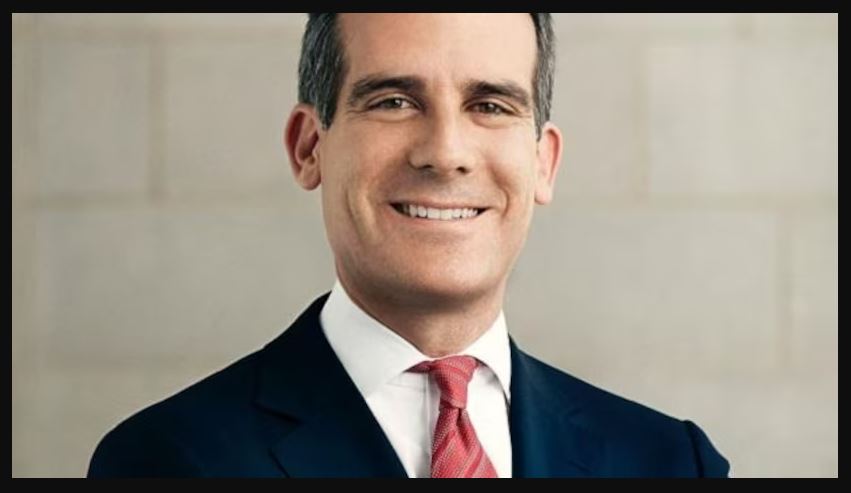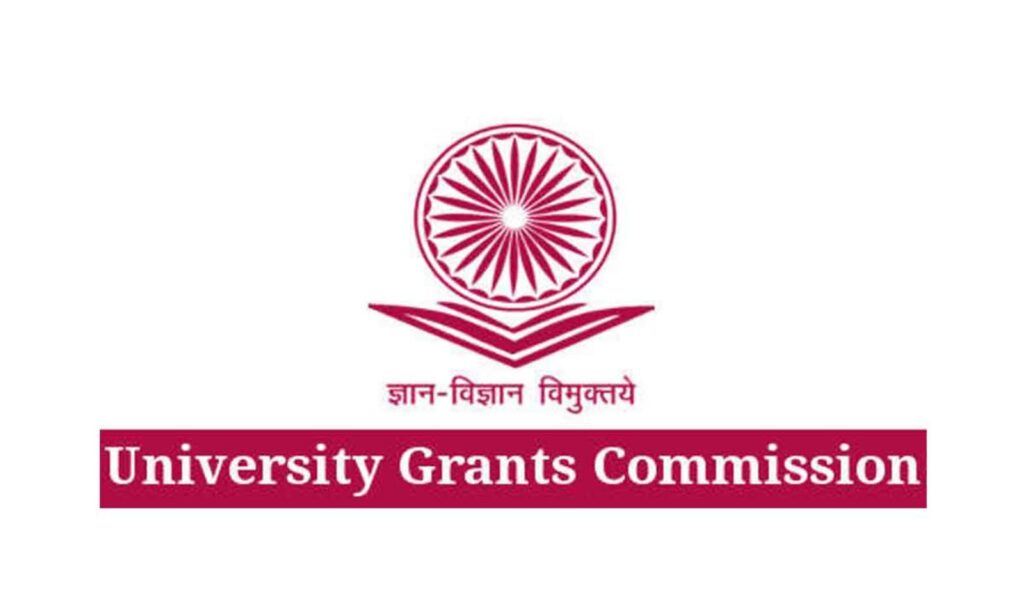- Court rejects plea to connect private coaching centers with schools and colleges, citing lack of mandatory requirement and feasibility concerns
The Delhi High Court has turned down a Public Interest Litigation (PIL) that aimed to establish a connection between coaching centere and educational institutions, deeming the proposal as impractical and unnecessary.
The court asserted that attending coaching centers remains an optional choice for students and isn’t obligatory, leading to the dismissal of the plea.
The PIL, filed by Girish Kumari Gupta, an individual with extensive private tutoring experience, contended that unregulated coaching classes operated as an unofficial “parallel education system,” which could adversely impact students’ holistic development. The plea advocated for the government’s intervention to oversee coaching centres by affiliating them with schools and colleges.
“By connecting coaching centres with schools and colleges, the government would also be able to regularise coaching centres as when they connect with schools, they have to register with the government and come under the definition of State under Article 12,” the petition said.
However, the Delhi government’s legal representative opposed the idea, asserting that such integration might lead to exploitative practices. The court, presided over by Chief Justice Satish Chandra Sharma and Justice Sanjeev Narula, concurred with the government’s stance. They maintained that mandating a connection between coaching centers and educational institutions wasn’t within their purview.
In its final order, the bench stated, ” This court cannot direct the State government to frame a policy to connect coaching centres with schools and colleges and to partner with them. This court does not find reason to grant the relief prayed in PIL; rather it is a misconceived PIL. The PIL is accordingly dismissed.”
The court’s decision underscores the distinction between formal education within schools and the supplementary nature of coaching centers, emphasizing that students’ participation in coaching remains an individual choice rather than a mandatory requirement.



